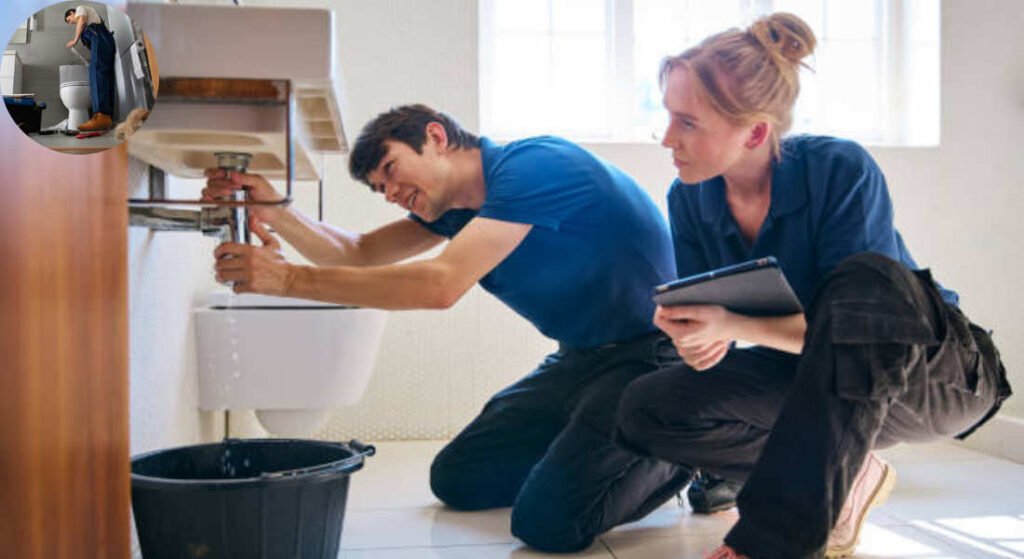Power outages can be a significant inconvenience for homeowners. They disrupt not just your daily routines but also the functionality of various home systems, including plumbing. Understanding how your plumbing operates during a power outage is crucial for maintaining a comfortable living environment.
So, does house plumbing work during a power outage? .You’ll learn about the challenges that arise, the components that remain operational, and practical tips to manage your plumbing during such events.
Understanding Your Home’s Plumbing System Basics
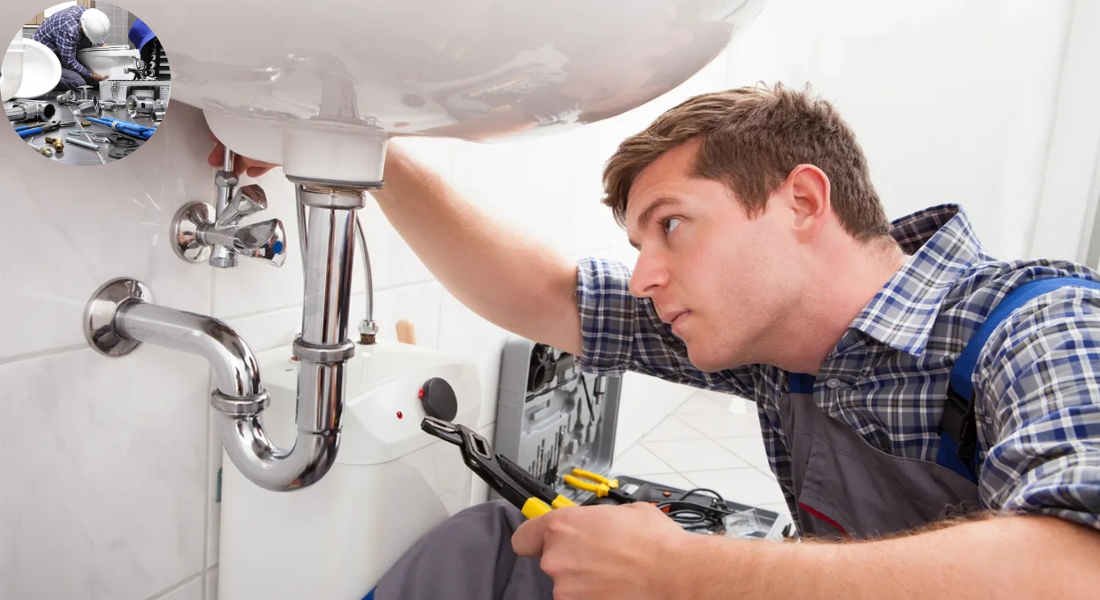
Overview of Typical Home Plumbing Components
At its core, your home plumbing system consists of several essential components:
- Water Supply: This is the primary source of water that enters your home, either from a municipal supply or a well.
- Pumps: These are often necessary for distributing water, especially in multi-story homes.
- Water Heaters: They provide hot water for various uses, from bathing to washing dishes.
- Sewer Systems: These remove waste from your home, either through a municipal system or a septic tank.
Difference Between City Water Supply and Well Water Systems
The source of your water has a significant impact on how your plumbing operates during a power outage. City water systems typically use gravity to deliver water, which means you may still have access to water even without power. In contrast, well-water systems rely on electric pumps to draw water from underground sources, making them non-functional during outages.
Role of Electricity in Modern Plumbing Systems
Electricity plays a critical role in modern plumbing systems. Many components, such as water heaters, pumps, and sump pumps, require electricity to function. Understanding this connection is vital for homeowners who want to prepare for potential outages.
How Plumbing and Electrical Systems Interconnect in a Home
The relationship between plumbing and electrical systems is often overlooked. For instance, in homes using electric pumps for water distribution, a power outage means no water pressure. This interdependence highlights the importance of being prepared for power outages to avoid plumbing issues.
How Power Outages Affect House Plumbing
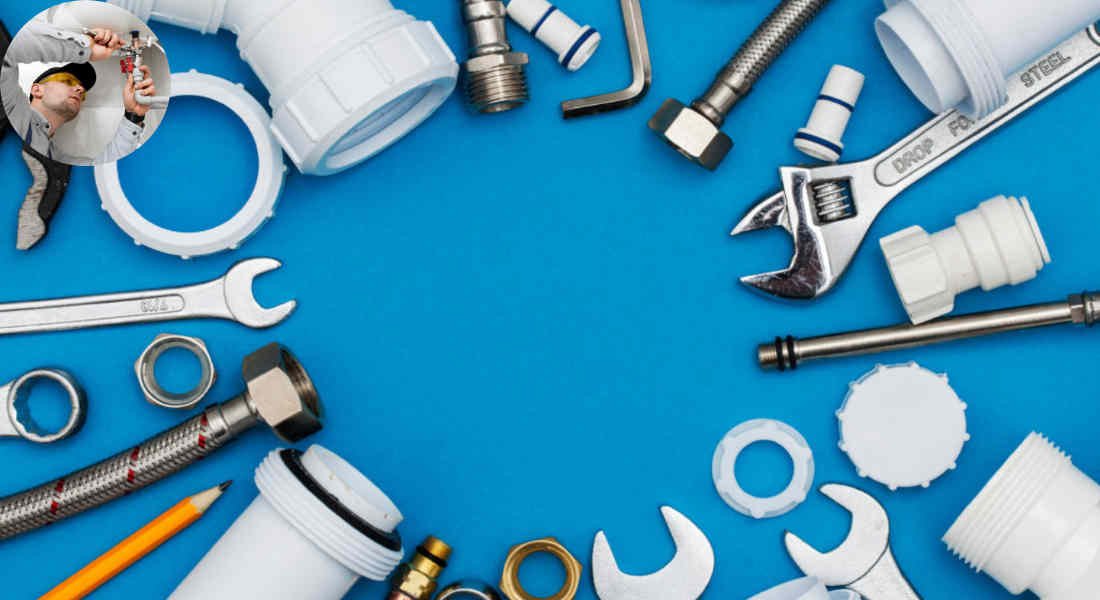
City Water Supply During Power Outages
In homes connected to a city water supply, the situation can vary. Generally, gravity-fed water systems from city water towers can continue to supply water without electricity. However, in multi-story buildings, water distribution may be reliant on electric pumps, which means residents could experience disruptions in their water supply during outages.
You may also read (how to manage home plumbing without electricity).
Well Water Systems and Power Outages
For those using well water systems, the impact of power outages can be more severe. Since well pumps require electricity, they will stop functioning during an outage. While you might have a storage tank or reservoir, its capacity is limited. Hence, it’s essential to be aware of your water supply’s status before an outage occurs.
Plumbing Appliances That Stop Working Without Power
Several household plumbing appliances rely on electricity and will cease to function during a power outage:
- Dishwashers
- Washing Machines
- Tankless Water Heaters
- Sump Pumps
- Electric Water Heaters
Interestingly, even gas water heaters with electric pilot lights will fail during an outage, leaving you without hot water.
Plumbing Components That Continue to Work
Despite the challenges posed by power outages, some plumbing components can still function. Sinks, showers, and toilets may still operate if a water supply is available. Additionally, if you have a traditional tank water heater, you can use the stored hot water until it runs out or cools down.
Risks and Precautions During Power Outages
Sewer and Septic System Concerns
One significant risk during power outages is the potential for sewer backups. If you have a pump-assisted sewer system, a power outage can cause the pumps to stop working, potentially leading to backups. To mitigate this risk, be mindful of your toilet usage during outages; limiting flushing can help prevent sewage issues.
Flooding Risks from Non-Operational Sump Pumps
In homes with basements, sump pumps are vital for preventing flooding. When the power goes out, these pumps will not operate, increasing the risk of water accumulation in your basement. To protect your home, consider installing backup batteries or generators for your sump pumps.
Winter Considerations
During winter outages, the risk of frozen pipes becomes a significant concern. If the water supply is lost, it’s essential to drain your pipes to prevent potential bursts. This precaution can save you from costly repairs down the line.
Practical Tips for Managing Plumbing During a Power Outage
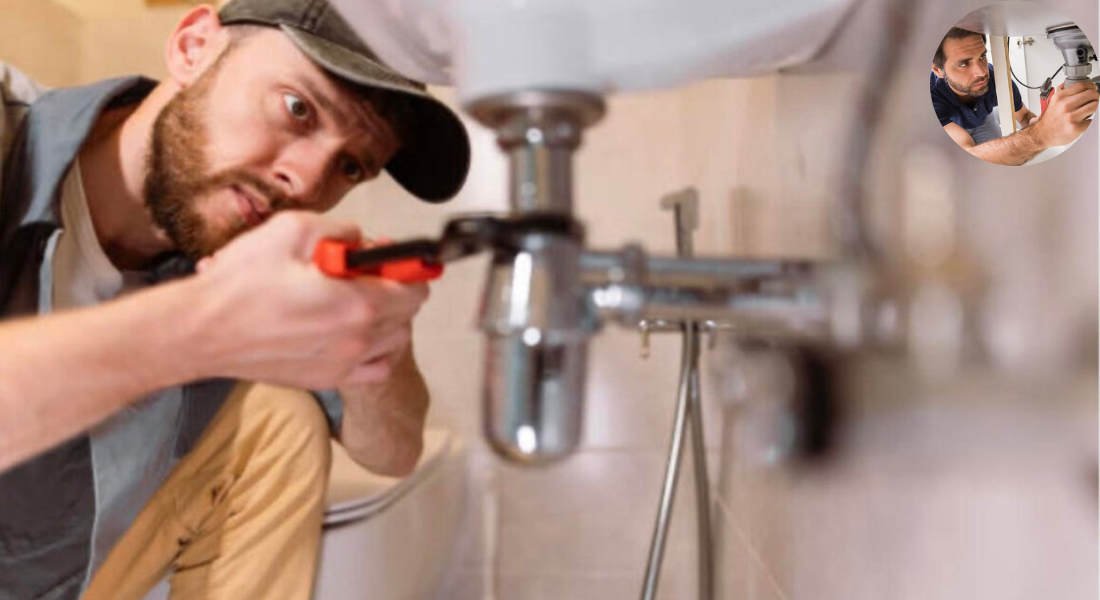
When faced with a power outage, there are several strategies you can employ to manage your plumbing effectively:
Conserve Water Wisely
Being judicious with your water use is essential during outages. Here are some tips to help conserve water:
- Limit showers and bathing to essential use only.
- Avoid laundry and dishwashing until power is restored.
You may also read (the role of math in effective house plumbing).
Prepare Backup Water Supplies
Before an outage occurs, consider storing water as a precaution. Here are some ways to prepare:
- Fill bathtubs and large containers with water for drinking and cooking.
- Store bottled water for immediate needs.
Install Backup Power Solutions
To ensure critical plumbing components remain operational, consider investing in backup power solutions. Options include:
- Generators: These can provide power to essential appliances.
- Battery backups for sump pumps and water heaters.
Regular Maintenance
Regular maintenance of your plumbing system can minimize risks during power outages. Focus on:
- Checking pumps and ensuring they’re in good working condition.
- Inspecting water heaters for leaks or issues.
- Examining pipes for any signs of wear or damage.
When to Call a Professional Plumber
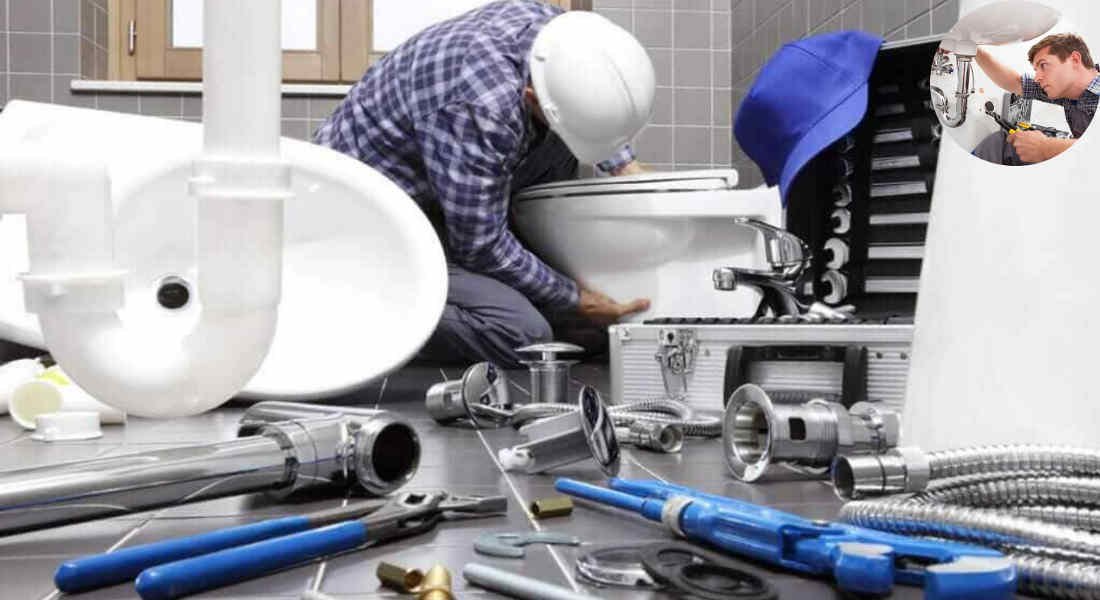
Signs of Plumbing Issues Caused or Worsened by Power Outages
If you experience plumbing issues during or after a power outage, it’s time to call a professional. Look for signs such as:
- Unusual smells or gurgling sounds from drains.
- Slow drainage or backups in toilets.
Importance of Professional Inspection
After extended outages, it’s wise to have a professional inspection. This can help identify any damage or potential problems that may not be immediately apparent. A plumber can also provide recommendations to help prepare your home for future outages.
How Plumbing Experts Can Help Prepare Your Home for Future Outages
Professional plumbers can help implement solutions to better prepare your home for potential power outages. This includes:
- Upgrading plumbing components to more reliable alternatives.
- Installing backup systems that ensure water access during outages.
You may also read (guide to extending the life of copper pipes in homes).
